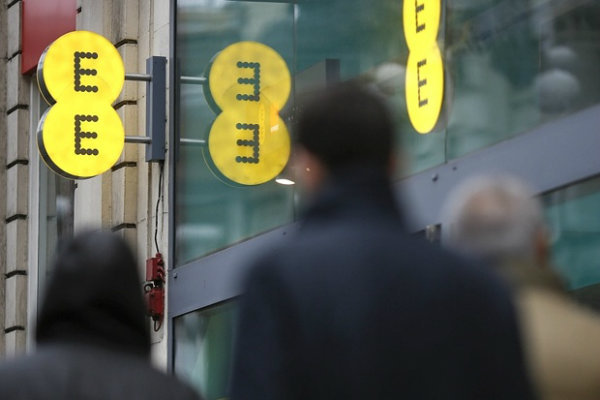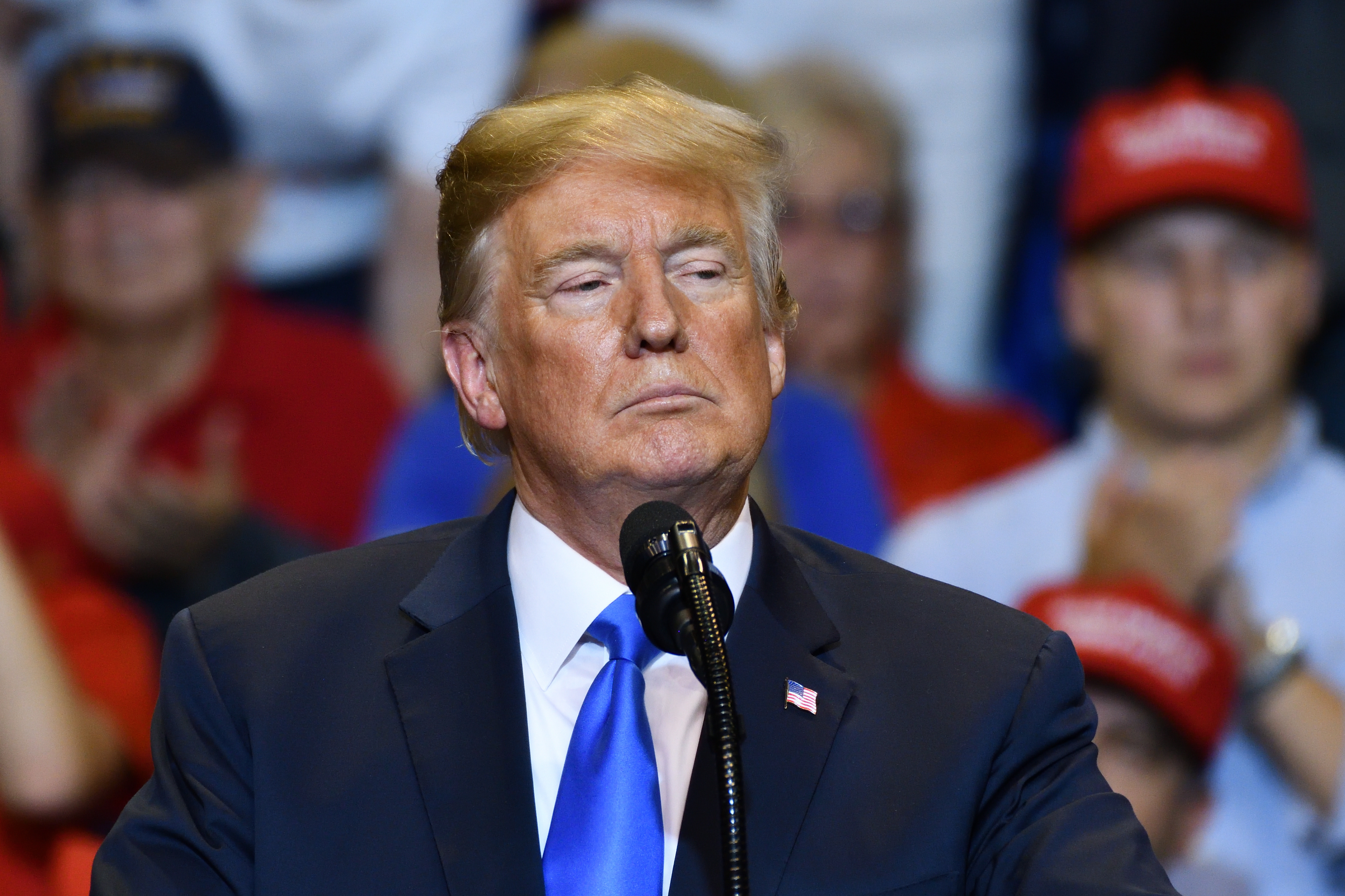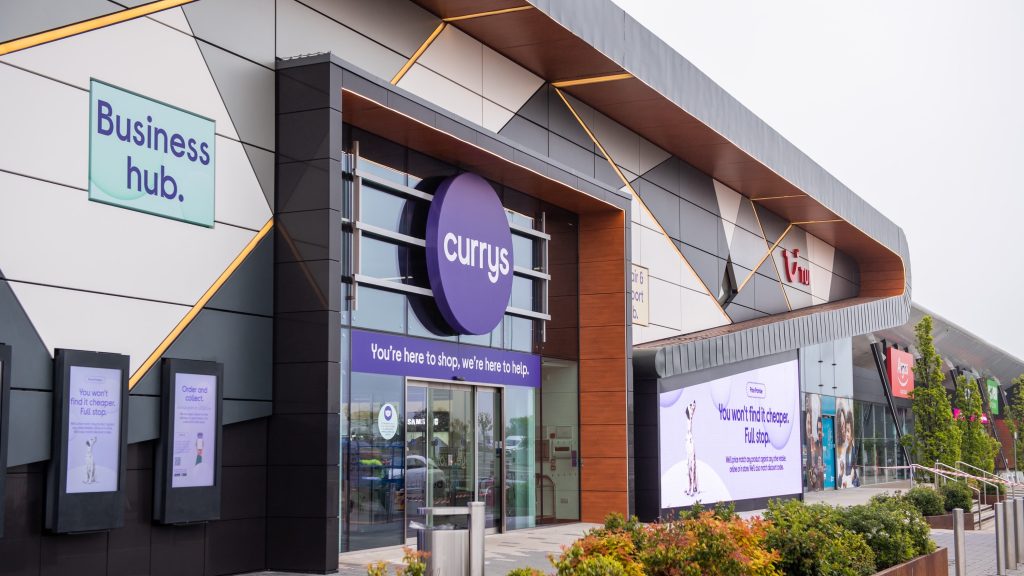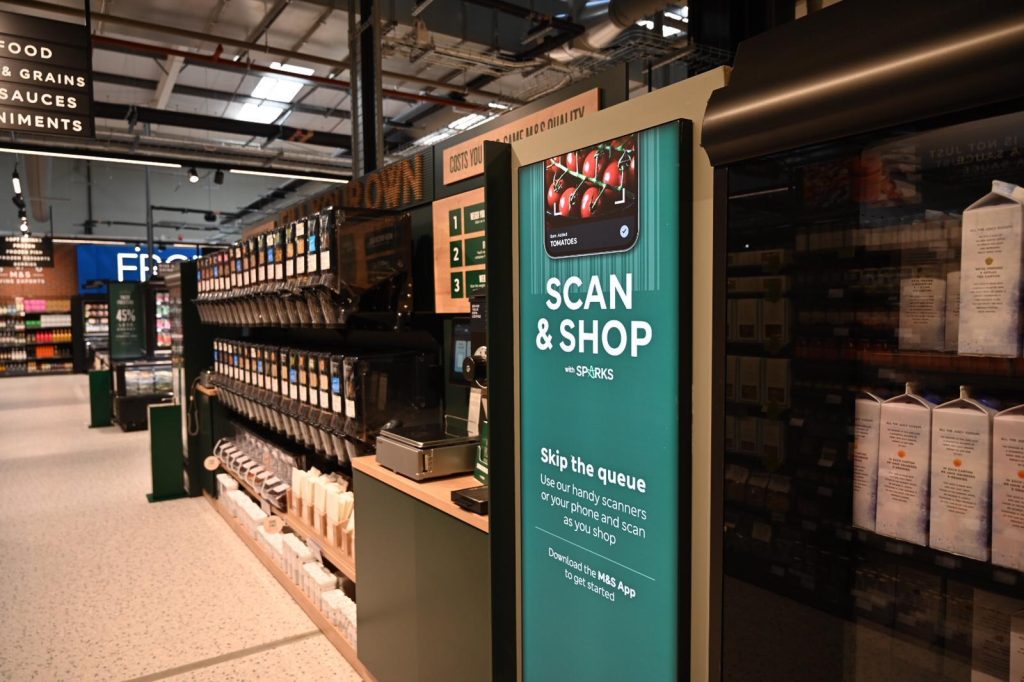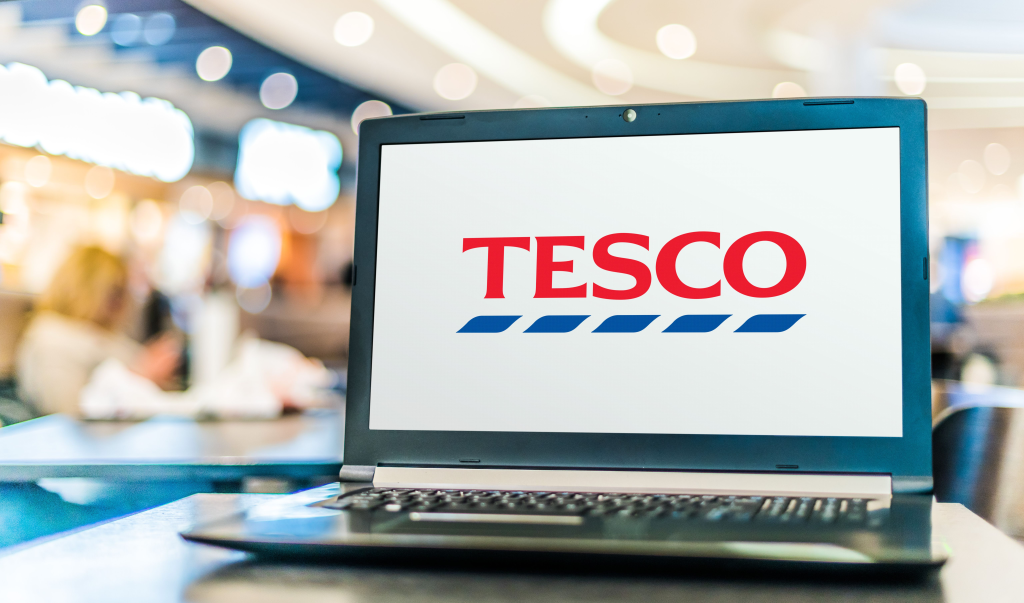The Competition and Markets Authority (CMA) has given the final all clear for BT‘s acquisition of EE, a deal that will see two of the UK‘s largest telecoms businesses become one.
The CMA opened an enquiry into the acquisition in March 2015, amid fears that a potential merger could lead to substantial lessening of competition (SLC) in the marketplace. After entering the final phase of its investigation in October, the CMA has finally announced that the merger is not expected to hamper the market in this way, keeping mobile phone retail, broadband and other sectors healthy.
“Since our provisional findings, we have taken extra time to consider responses in detail but the evidence does not show that this merger is likely to cause significant harm to competition or the interests of consumers,” said Inquiry Chair John Wotton.
Rivals to EE and BT expressed opposition to the merger from the start. The two operate in largely different areas of business; BT in fixed communication services and EE in mobile communications services. As such, there were fears that synergy between them could create too substantive a player in the industry.
“The retail mobile services market in the UK is competitive, with 4 main mobile providers and a substantial number of smaller operators,” Wotton continued. “As BT is a smaller operator in mobile, it is unlikely that the merger will have significant effect. Similarly, EE is only a minor player in retail broadband, so again it is unlikely that the merger will have significant effect in this market.
…Our job has been to examine the specific impact of this merger on competition and consumers and, where relevant, we‘ve looked at how these issues might be affected by the merger…”


